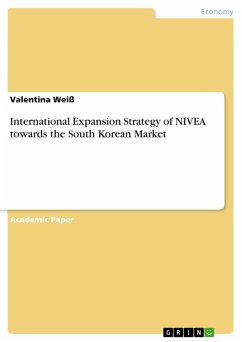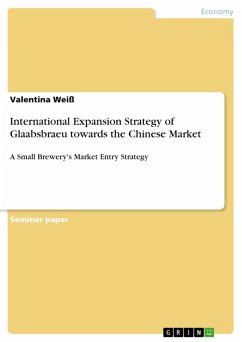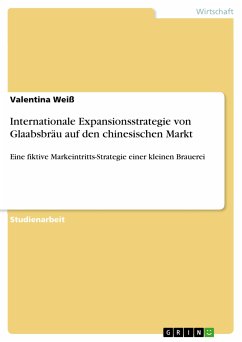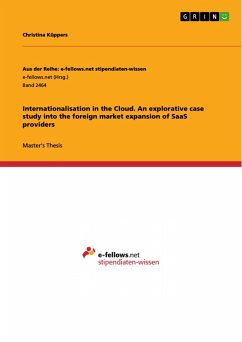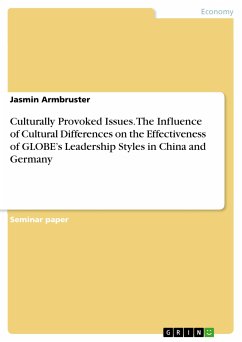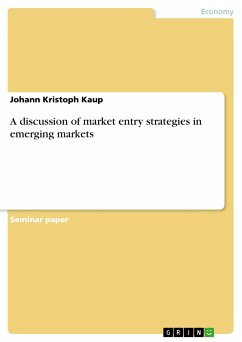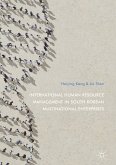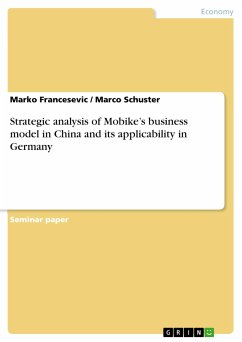Academic Paper from the year 2021 in the subject Business economics - Market research, grade: 1,3, University of Applied Sciences Aschaffenburg, language: English, abstract: NIVEA is now a global umbrella brand with several products for cleaning and skincare of face and body. In this paper, NIVEA's history as well as the South Korean market and a possible marketing plan are examined closely. Due to its wide product portfolio the following paper is focused on the international expansion of its main product; the plain moisturising cream for face and body, the country in question is South Korea. Beiersdorf, founded in 1880 in Hamburg, Germany, started as a pharmacy and laboratory by Paul C. Beiersdorf. In 1890, pharmacist Oskar Troplowitz took over, specializing in medical band aids. Under Troplowitz's leadership, the company expanded rapidly, prioritizing employee welfare with shortened working hours, paid vacations, childcare, free lunches, and a pension fund. Troplowitz, along with his chemists, developed various products, laying the foundation for iconic brands under Beiersdorf. Beyond innovative products, Troplowitz focused on global expansion, leading to international distribution by 1914. However, in 1933, the rise of National Socialists threatened Beiersdorf due to its Jewish connections. During World War II, international subsidiaries were confiscated, but Beiersdorf regained global trademark rights by 1997. By the late 1990s, the company had 74 international subsidiaries, generating nearly 70% of its turnover outside Germany. Today, Beiersdorf is a leading listed company, part of the German Share Index "DAX." NIVEA, a Beiersdorf brand, is managed by an eight-member executive board, with Stefan De Loecker as Chairman. Beiersdorf's journey reflects resilience, innovation, and global success in the skincare and healthcare industry.
Dieser Download kann aus rechtlichen Gründen nur mit Rechnungsadresse in A, B, BG, CY, CZ, D, DK, EW, E, FIN, F, GR, HR, H, IRL, I, LT, L, LR, M, NL, PL, P, R, S, SLO, SK ausgeliefert werden.

